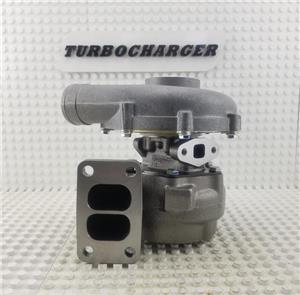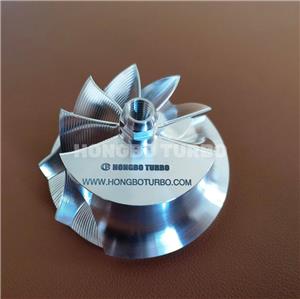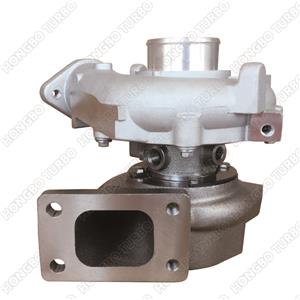Automatic air floating billet wheel balance test
The fully automatic airborne wheel testing is primarily utilized for testing turbochargers, ensuring their performance and reliability. Turbochargers play a crucial role in internal combustion engine systems, contributing to various aspects:
Increasing Engine Intake Pressure: Turbochargers utilize the flow of exhaust gases to drive the rotation of the turbine wheel, compressing the intake air. This creates a high-pressure zone in the intake manifold, raising the engine's intake pressure. Elevated intake pressure enhances combustion efficiency, increases fuel combustion, and thereby boosts the engine's power output.
Enhancing Engine Performance: By elevating intake pressure, turbochargers effectively enhance the overall performance of internal combustion engines. This is critical for increasing engine power, torque, and fuel efficiency. Especially in high-altitude regions or under heavy load conditions, turbochargers ensure that the engine can deliver sufficient performance.
Improving Power Output: By providing more air to the engine, turbochargers increase the oxygen content in the combustion chamber, facilitating a more complete combustion process. This helps improve power output, enabling the engine to maintain efficient performance at high loads and speeds.
Enhancing Altitude Performance: In high-altitude areas where air pressure is lower, naturally aspirated engines may experience a reduction in performance. Turbochargers, by increasing intake pressure, aid in maintaining engine performance at high altitudes, ensuring that aircraft or vehicles perform well under varying altitude conditions.
Overall, fully automatic airborne wheel testing helps validate the performance of turbochargers under different operating conditions and ensures their reliable operation within the engine system. This is crucial for improving the overall performance and efficiency of internal combustion engines.




